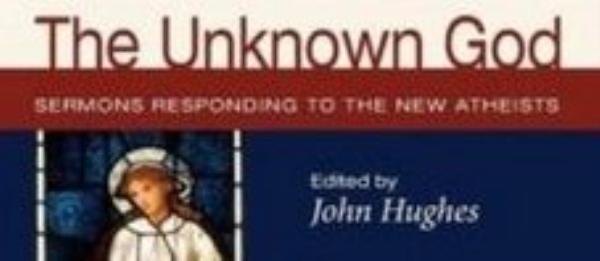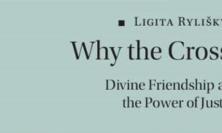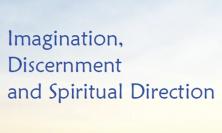The author of this slim volume is the Dean of Chapel of Jesus College, Cambridge. The contents comprise a series of Lent Term sermons given there in 2011 by an assortment of Christians – Anglican, Catholic, Orthodox and Presbyterian – all responding in their own way to the ‘New Atheists’.
Not, of course, that the ‘New Atheists’ are that new anymore; nor were they ever, for even when the quartet of Hitchens, Dawkins, Dennett and Harris first went on tour, the songs they sang had a distinctly nineteenth century feel. They were at their most voluble during the decade that saw western populations processing the fallout of 9/11 and, between them, managed to persuade a generation that had grown up with almost no contact with religion as a living tradition that something called ‘faith’ was to blame for this otherwise inexplicable happening. Their proud legacy is a cohort of die-hard twenty-somethings who haunt the blogosphere, heaping ridicule on people who believe in ‘sky-fairies’ and insisting, with all the zeal of the convert, that atheists have never killed and tortured people the way religious folk always do.
As the media slowly grew tired of its Big Story about Islamic fundamentalism and the headlines started filling up with news of a financial catastrophe, the airwaves withdrew their hospitality. It is true that a few safe havens still harbour the ardent God-denier but, having demonstrated that they have little if anything to say about matters economic (a missed opportunity, for the banking collapse was a ‘faith-based’ cataclysm if ever there was one), the New Atheists lost much of their pulling-power. One could even go further, as Terry Eagleton does in his sermon, and represent their views as ideological fodder for the two US-led Neocon wars (Hitchens was certainly a staunch proponent of the invasion of Iraq) and, by extension, the neo-liberal economic agenda of the Bush era which itself gave birth to the sub-prime mortgage disaster in the first place. But one probably ought to tread carefully here lest we play fast and loose with matters of cause and effect in a manner not entirely foreign to the New Atheist pen.
All of which makes the currency of this book somewhat doubtful. The world has moved on and, in the age of Obamacare, Pope Francis and the inexorable and very public rise of India and China, it turns out there are bigger, more genuinely morally compelling things to worry about than the purported relevance of theism to the perpetration of acts of nihilistic terrorism. Even in Britain, where moral earnestness no longer even seems a feasible stance, other issues have been propelled into the limelight ahead of religion and its despisers, cultured and otherwise. In debates over immigration, the constitutional future of the UK and its relationship with Europe, religious voices are actually to the fore. The curious secularist ideology of recent years offers no very impressive criteria to help orientate us in making key strategic decisions for the coming century.
On the whole, the tone of the contributions is scornful of their subject (I can only imagine how David Bentley Hart’s ‘For charity’s sake, we should avoid excessive kindness here’ would have gone down as the opening line of an Evensong homily), occasionally verging on the donnishly glib (Eagleton again). Yet all the preachers offer insightful readings of the New Atheist phenomenon. John Cornwell explores issues arising from the atheism of The Brothers Karamazov. Tina Beattie alone, giving the lie to the suspicion that Catholics are indifferent to the Bible, takes her cue from the readings of the liturgy, putting in a plea for real belief rather than caricatures of it. And Conor Cunningham’s long piece (can this really have been preached?) reflects on how Darwin’s ideas have been stretched to breaking point to form an overarching ultra-Darwinian ideology which undermines itself by confounding the scientifically regulative notion of truth.
There is, in short, plenty to get one’s intellectual teeth into here without becoming too bogged down in complex verbiage. But one cannot help thinking that the book is a rather late arrival on the scene. Reading it feels more like attending a wake than a cutting edge enquiry.
The reviewer, Damian Howard SJ, is a member of the Thinking Faith editorial board.






